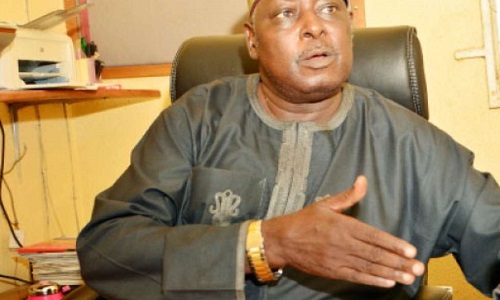
The Secretary to the Government of the Federation, Babachir Lawal, on Wednesday insisted that it would not be possible to fund the constituency projects of National Assembly members as contained in the 2016 Budget because of the paucity of funds.
He said this when he appeared before the Senate Joint Committees Ethics, Appropriations, and Finance.
Mr. Lawal had recently said the revenue accruable to the country was not enough to accommodate the projects.
Constituency projects are usually nominated by members of the National Assembly for their constituencies.
A total of N60 billion was set aside for the projects in the current budget.
Stating that though he was expressing his personal opinion on the matter, Mr. Lawal however said the estimated revenue profile of the country for this year had dropped by 50 percent.
This, according to him, would make it impossible for the government to fully implement the N6.06 trillion 2015 Budget.
“The statement is correct. That is my statement; we cannot guarantee the implementation of constituency projects in the 2016 budget,” the SGF said.
“As a government, constituency projects are championed by members of the National Assembly. Like the legislature, members of the executive are politicians who canvassed for votes.
“Lawmakers are aware that oil barrels had dwindled to about 800,000 per day. This has led to the inability of government to finance the budget. It is the duty of government to prepare the minds of Nigerians ahead that there will be challenges in implementing the budget.
“Government based its principle on zero budgeting this year. Funds will be released to finance key projects in line with the implementation plans of the government. I will explain why it will be hard for the government to implement the budget.”
Mr. Lawal explained that some of the constituency projects like construction of mini stadia would not impact directly on Nigerians and that it was the reason the government designed zonal projects.
He blamed the drop in the nation’s revenue on the activities of militants in the oil-rich Niger Delta region.
According to him, the oil benchmark proposed by the government had been drastically dislocated and grossly affected by activities of militants.
He said the country was currently producing about 800,000 barrels per day.
END

Be the first to comment